Publications
Articles, publications, books, tools and multimedia features from the U.S. Institute of Peace provide the latest news, analysis, research findings, practitioner guides and reports, all related to the conflict zones and issues that are at the center of the Institute’s work to prevent and reduce violent conflict.
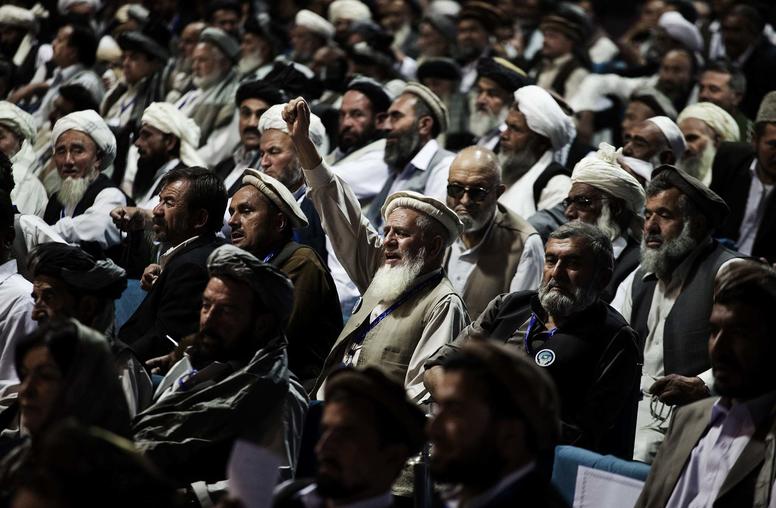
Afghan Peace Talks: Could a Third-Party Mediator Help?
At present, the Afghan peace negotiations (APN) between the Afghan government and the Taliban do not involve any third-party presence beyond hosting and supporting roles. The parties to the conflict and members of the international community might consider the benefits of a neutral, third-party mediator to help resolve the impasses that have dogged and delayed the negotiations so far. While the presence of a mediator does not guarantee success, there are very few examples of a significant peace agreement that has been reached without some sort of third-party facilitation or mediation.
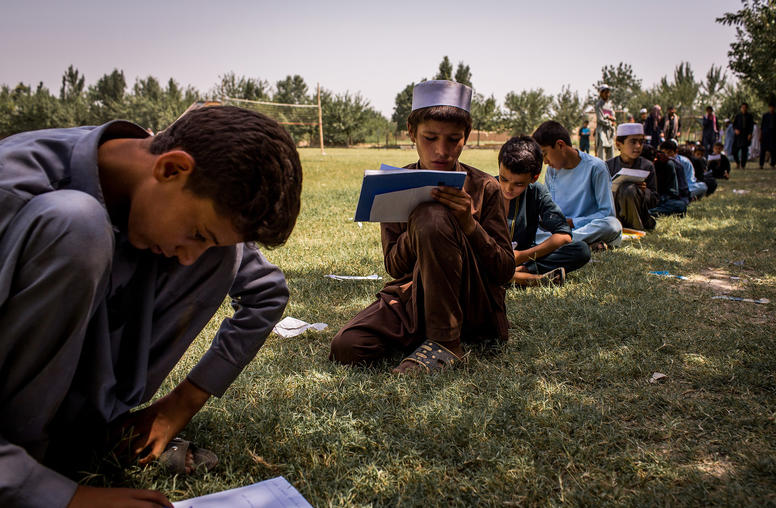
Service Delivery in Taliban-Influenced Areas of Afghanistan
In 2018 and 2019, USIP partnered with the Afghanistan Analysts Network (AAN), a Kabul-based research and policy organization, in an effort to understand how the Taliban provide education, health, and other services to people who live in areas where they are the dominant power. Based on a series of studies conducted by AAN in five districts across the country, the report also examines the Taliban's motivations as a governing entity and their implications for a potential peace settlement.
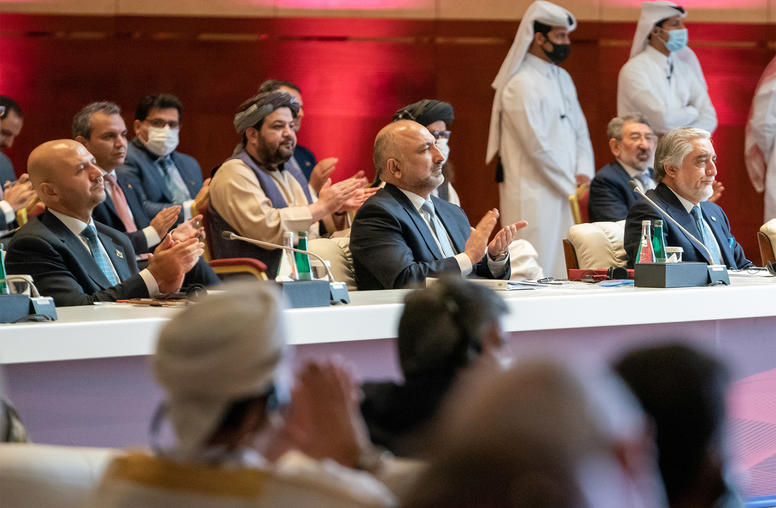
Five Things to Know About the Afghan Peace Talks
The intra-Afghan negotiations that began on Saturday represent a watershed moment in the war: the first direct, official talks between the Taliban and the Afghan government. These historic talks commenced 19 years and one day after al-Qaida's 9/11 terrorist attacks drew the United States into Afghanistan's civil war. Just getting the Afghan government and the Afghan Taliban to the table is an accomplishment. The main reason the talks materialized is the U.S.-Taliban agreement signed in February of this year; that agreement delivered a timetable for the eventual withdrawal of foreign troops, which met the Taliban’s years-long precondition for opening talks with the Afghan government.
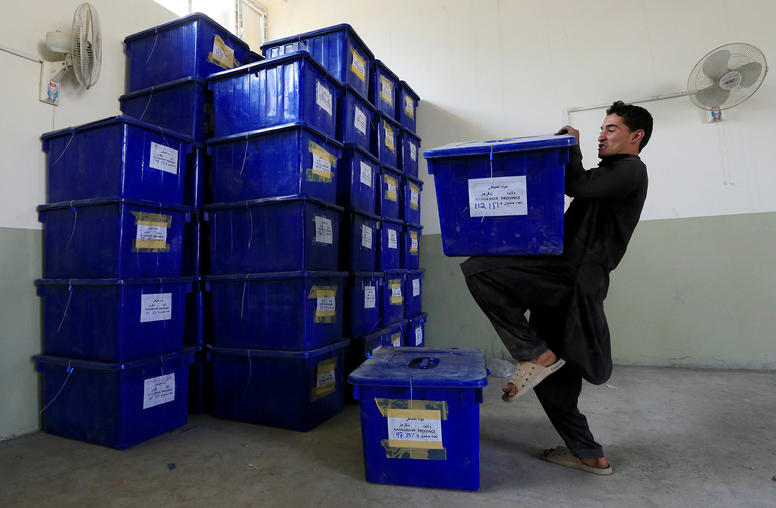
Breaking, Not Bending: Afghan Elections Require Institutional Reform
Afghanistan’s presidential election is scheduled to take place on September 28. In planning the election, the Independent Election Commission (IEC) must overcome a number of practical challenges to avoid repeating the mistakes of the 2018 parliamentary elections—elections that undermined the legitimacy of the state and reduced Afghans’ confidence in democracy as a means for selecting their leaders. Based on a careful analysis of the IEC’s performance during the 2018 elections, this report offers recommendations for creating more resilient electoral institutions in Afghanistan and other postconflict countries.
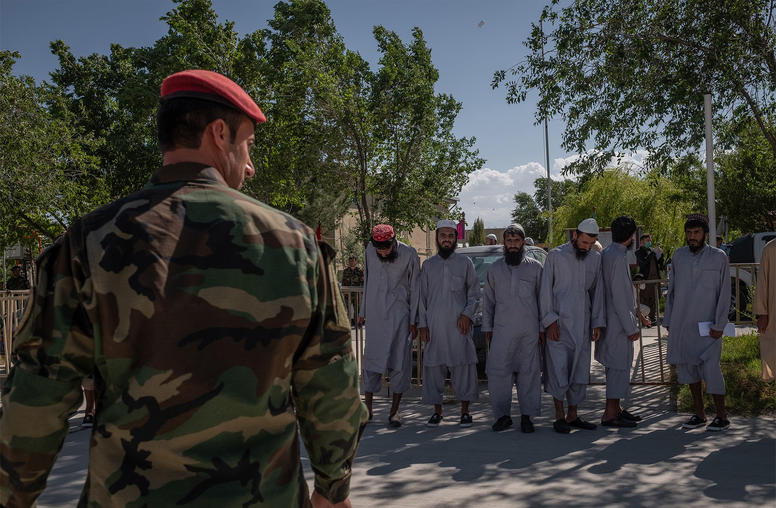
Afghan Peace Talks: Prisoner Release Paves Way for Direct Negotiations
Afghan President Ashraf Ghani on Sunday said that his government would release the last batch of Taliban prisoners, ostensibly removing the final hurdle to direct negotiations with the insurgent group. Intra-Afghan negotiations were originally slated for March 10 as part of the U.S.-Taliban deal signed in late February, but were delayed due to disagreements over prisoner releases. The Afghan government and Taliban had committed to releasing 5,000 and 1,000 prisoners respectively, but the final 400 Taliban prisoners had been accused or convicted of major crimes, including murder. Ghani only made the decision to release those prisoners after he called for a consultative assembly, or loya jirga, to advise on the decision. USIP’s Afghanistan experts explain why Ghani convened the loya jirga, what to expect in the early stages of talks, and what role the United States can play.
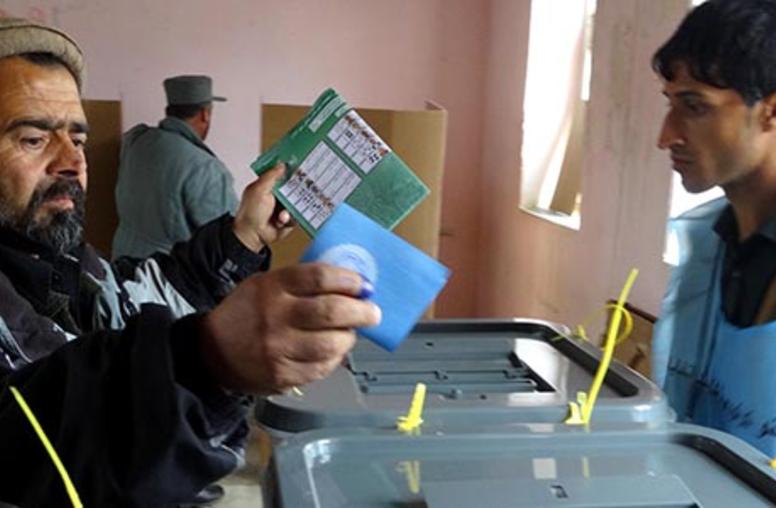
Let Afghan Voters Finish the Job
Kabul has been full of rumors about an attempt to reach a "political deal" in order to avoid a second round of voting required by the constitution. Strangely, most of the commentary in the western press has treated such a deal as if it would be desirable. We believe it would be a huge mistake.
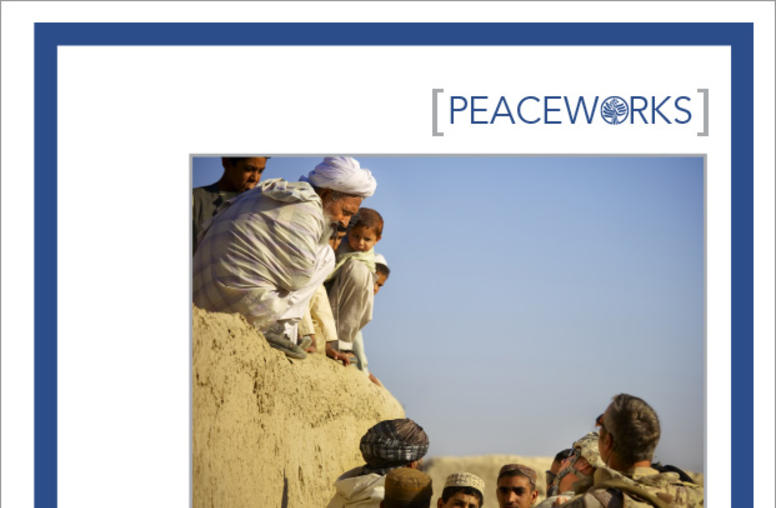
State Strengthening in Afghanistan
Since 2001, Afghanistan’s political and social landscape has changed dramatically. However, international state-strengthening interventions have arguably had mixed results. Unprecedented aid and assistance has helped the country transition to a nascent democracy, attain a greater level of security, rebuild some of its infrastructure, and open more space for civil society participation.
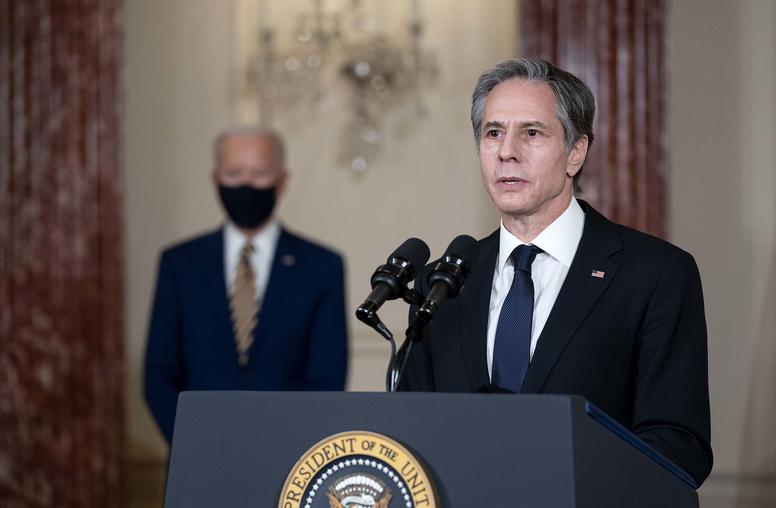
Can Blinken’s Letter Jump-start the Afghan Peace Process?
With intra-Afghan talks gridlocked and the U.S. troop withdrawal deadline looming, Secretary of State Antony Blinken proposed new plans to advance the peace process in a letter to Afghan President Ashraf Ghani. The letter recommends several efforts to “move matters more fundamentally and quickly” toward peace, including a U.N.-convened conference of key regional actors, a senior-level meeting between the Afghan government and the Taliban hosted by Turkey and a 90-day reduction in violence to head off the Taliban’s annual spring offensive. Blinken also recommended an interim power-sharing government composed of Taliban and other Afghan leaders.
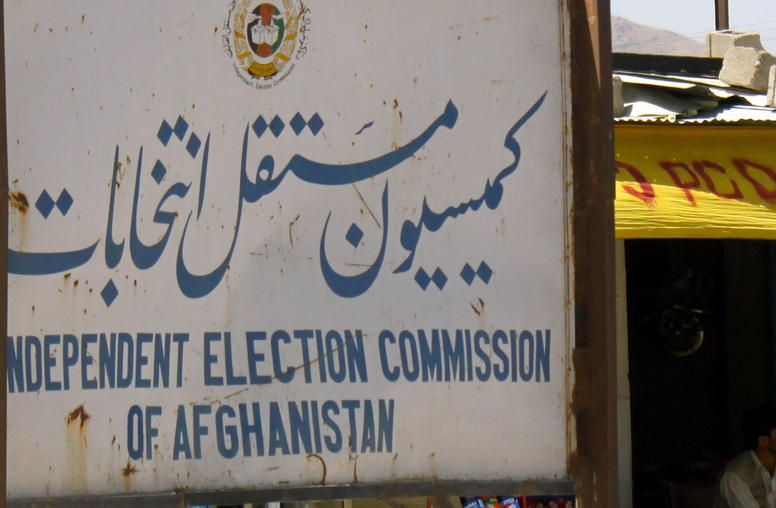
Q&A: Afghan Elections
On April 5 Aghanistan will hold presidential and provincial council elections and they mark an important point in history for the country. USIP’s Scott Smith provides a background on the elections.
USIP Experts in Afghanistan Talk Transition with Top ISAF Official
USIP’s top program staff visited the Institute’s Kabul office in early May to meet with key leaders and discuss the transition in Afghanistan in 2014, a week before the 2012 NATO Summit in Chicago May 20-21. USIP’s Shahmahmood Miakhel, country director in Kabul, Andrew Wilder, director of Afghanistan and Pakistan programs and Scott Smith, deputy director of Afghanistan programs, met with Maj. Gen. Sean MacFarland, the deputy chief of staff for operations for ISAF in Afghanistan. The group dis...